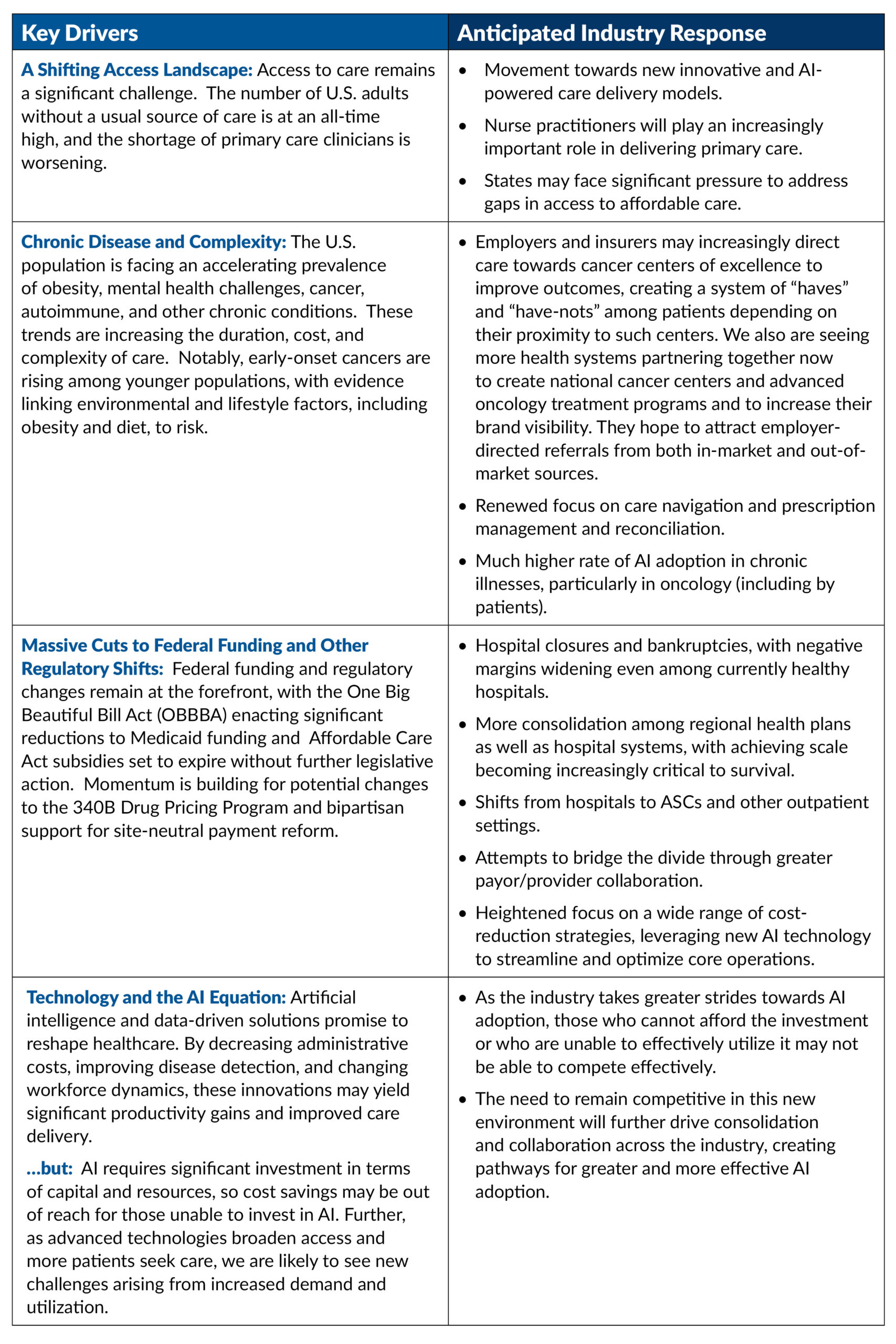On October 30, HRSA announced that it had selected eight drug manufacturers to participate in its 340B Rebate Model Pilot Program, spanning 10 drugs representing a range of widely used therapies. These include: When HRSA introduced its 340B Rebate Model Pilot Program earlier this year it changed how safety-net providers access 340B discounts. Instead of... Continue Reading
On October 30, HRSA announced that it had selected eight drug manufacturers to participate in its 340B Rebate Model Pilot Program, spanning 10 drugs representing a range of widely used therapies. These include:
- Eliquis (Bristol Myers Squibb)
- Enbrel (Immunex)
- Farxiga (AstraZeneca)
- Imbruvica (Pharmacyclics)
- Januvia (Merck Sharp Dohme)
- Jardiance (Boehringer Ingelheim)
- Novolog (various forms) (Novo Nordisk)
- Fiasp (various forms) (Novo Nordisk)
- Stelara (Janssen)
- Xarelto (Janssen)
When HRSA introduced its 340B Rebate Model Pilot Program earlier this year it changed how safety-net providers access 340B discounts. Instead of purchasing the drug at the 340B discount, 340B hospitals and clinics first pay the wholesale acquisition cost (“WAC”), then pursue their savings through a claim-based rebate process through the Beacon platform, which is managed by Second Sight Solutions. Many 340B Covered Entities have expressed concerns about the “time value of money” implications of the delay in realizing discounts and increased costs resulting from the extra work of submitting for rebates and addressing questions that manufacturers may raise. Second Sight Solutions is the same company that manages 340B ESP, the platform through which 340B Covered Entities fulfill manufacturer-imposed reporting requirements associated with their highly litigated contract pharmacy restrictions. Covered Entities who currently utilize 340B ESP will still need to create a new account on Beacon for the 340B rebate process. The 340B Rebate Model Pilot Program is set to go into effect on January 1, 2026.
The Beacon Rebate Process
Providers must initiate the 340B rebate process by registering on Beacon, submitting thorough business documentation (e.g., IRS letters, proof of incorporation, updated W-9s) and validating their bank accounts for ACH payments. While hospital covered entities only need to register an account for the parent 340B ID, grantee covered entities (e.g., FQHCs, Ryan White Clinics, etc.) must register each unique 340B ID.
Initial purchases for rebate-eligible drugs must be made through the Covered Entity’s 340B wholesaler account at WAC. After dispensing, providers must submit specific claim data codes and fields through Beacon for each dispense or administration, as follows:
| Medical Claims | Pharmacy Claims |
| – 340B ID – Claim number – Claim line number – Date of service – Health plan name – Health plan ID – NDC-11 – Rendering physician NPI – Quantity – Healthcare entity NPI | – 340B ID – Date prescribed – Date of service – Rx number – Fill number – NDC-11 – Quantity dispensed – Prescriber NPI – Pharmacy NPI – Rx BIN and PCN |
Unlike the upfront discount model, providers must upload claim files to Beacon after dispensing, making accuracy crucial, as data errors or duplicates can lead to payment delays and denials. Beacon provides real-time validation, tracking, and reconciliation, but every step of the claim submission process must align with both HRSA and manufacturer scrutiny.
Beacon has indicated that rebates will typically be processed within ten days of validated claims. This prompt turnaround is reassuring for 340B covered entities, but still means providers must adjust to a short-term cash flow gap. Instead of instant savings, expenses are reimbursed only after claims are reviewed and approved. For smaller clinics especially, this shift can impact budgeting and operational flexibility.
Providers also have to anticipate extra diligence when claim errors or mismatches occur. If a rebate is delayed, the workflow now involves coordinating with manufacturers and Beacon support before escalating to HRSA.
Ensuring Rebate Model Readiness
The 340B Rebate Model Pilot Program pushes providers to rethink their administrative and pharmacy workflows. It will be vital to train staff on the new claim requirements, Beacon’s submission process, and reconciliation protocols. TPAs and EMR vendors must be looped in to ensure data is formatted and transmitted correctly, and team members should know where to find Beacon’s support materials and troubleshooting tools.
As the pilot unfolds, the lessons learned will allow HRSA, 340B Covered Entities, and manufacturers an opportunity to consider whether and how the pilot may be continued and expanded in the years to come.






